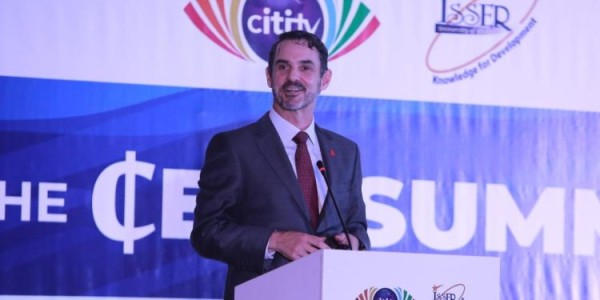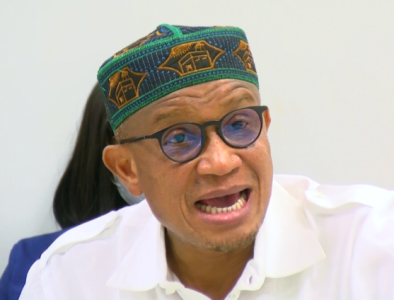Inflation in Africa: Some subsidy programs prolonging situation – Jeff Gable

The Head of FICC Research and Chief Economist at ABSA; Jeff Gable, says the consistent introduction of subsidies in the midst of global economic challenges will only prolong the effects of inflation in that country.
According to him, governments in Africa must rather focus on slowing down demand for products rather than subsidizing the cost.
Speaking at Citi TV and ISSER’s Cedi Summit in Accra on Monday, Jeff Gable said the drive to subsidize the cost of products in developing economies is forcing governments to use funds reserved for social and economic development to subsidize prices of goods.
Mr. Gable suggested that some subsidies however remain important as part of the strategies to address inflation challenges.
“[In Nigeria for instance] almost all of the Federal Government’s funds that are to be set aside to pay for new hospitals, schools, construct roads and energy infrastructure is used to subsidize petrol… Prices are high because the demand for the product supersedes supply. One of the ways of bringing the prices down is to demand less for it… Some of the subsidy programs that exist here actually prolong the [inflation] situation,” he said.
He added that there is still uncertainty at the global level about inflation slowing down.
“Economists are moving the inflation forecasts up and up rapidly… [Economists are] uncertain whether any of these things will get better,” he added.
The Cedi Summit is being organised by Citi TV in partnership with the Institute of Statistical, Social and Economic Research (ISSER) and ABSA Bank Ghana as part of this 2022 Citi Business Festival.
Keynote speakers at the summit are the Director of the Institute for Statistical, Social and Economic Research (ISSER) at the University of Ghana; Prof. Peter Quartey, the Head of FICC Research and Chief Economist at ABSA; Jeff Gable and David Ofosu-Dorte; a Senior Partner at AB & David.
Source: Jonas Nyabor




